Zen: Presence as practice
Zen does not begin with doctrines, rituals, or lofty goals. It begins right here, in this breath, this step, this cup of tea. At the heart of Zen is an unwavering emphasis on the now — the direct, unmediated encounter with life as it unfolds. It is not about preparing for a better future, accumulating merit, or escaping the world. It is about fully inhabiting this moment, because this moment is all there is. This teaching, while seemingly simple, carries profound implications. It is not a call to hedonism or passivity, but to wakefulness — to see clearly, feel deeply, and act precisely. Zen says: do not postpone your life. Enlightenment is not a distant peak to be reached someday; it is the immediacy of being present, without grasping, without fleeing.
Monks of the Trúc Lâm school, Tây Thiên Monastery, walking in the temple area. In Zen Buddhism, presence is not just a state of mind; it is a way of being in the world. It is the practice of being fully engaged with life as it is, without distraction or detachment. This presence is cultivated through various practices, including meditation, mindful movement – and daily activities. The goal is not to escape from the world but to immerse oneself in it completely. Source: Wikimedia Commonsꜛ (license: CC BY-SA 3.0)
Everyday life as practice
In Zen, the distinction between the sacred and the mundane dissolves. There is no division between meditation and daily activity, between temple and market, between zazen and doing the dishes. Every act becomes an opportunity for awareness. To walk is to walk. To eat is to eat. To speak is to speak.
This integration is what makes Zen both demanding and liberating. It does not offer a sanctuary from life, but insists that life itself is the sanctuary — if we are present to it. A moment of irritation, a moment of joy, a moment of confusion: each is a mirror, a gate, a chance to wake up. As the saying goes, “When walking, just walk. When sitting, just sit. Above all, don’t wobble.”
The now as reality
In the now, there is no room for projection or regret. The past is gone; the future has not arrived. What remains is this. When the mind rests in the present, it ceases to chase after what is not here. Anxiety, distraction, and dissatisfaction arise largely from being pulled into what was or what might be.
Zen is not interested in speculative metaphysics or theories about ultimate reality. Its only concern is: how are you meeting this moment? With clinging or with openness? With sleep or with attention? The present moment is not merely a temporal point — it is a doorway to ‘suchness’, to things as they are. It is where interdependence, emptiness, and impermanence become not concepts, but felt experience.
Embodied presence
Zen emphasizes embodiment because presence is not a mental achievement. It is something we realize in the body — in posture, breath, and movement. Zazen teaches this. But so does bowing, cleaning, cooking, and sweeping. These activities are not separate from awakening; they are its expression.
In this way, Zen returns us to simplicity. Not a naive or superficial simplicity, but one born of clarity. When we stop grasping for the next moment, the current moment reveals its richness. The steam rising from a teacup, the sound of wind against a window, the feel of one’s feet on the floor — these are not distractions. They are the Way itself.
Conclusion
Zen does not ask us to become something else. It asks us to show up, fully, completely, now. There is no other gate to awakening but this moment. Everything else is a dream. Practice is not somewhere else, sometime else. It is this breath, this movement, this encounter. The world is always calling us back to presence. Zen is simply the act of listening, and responding.
References and further reading
- Oliver Bottini, Das große O.-W.-Barth-Buch des Zen, 2002, Barth im Scherz-Verl, ISBN: 9783502611042
- Heinrich Dumoulin, Geschichte des Zen-Buddhismus, Band 1+2, 2019, 2., durchgesehene und erweiterte Auflage, Francke A. Verlag, ISBN: 9783772085161
- Hans-Günter Wagner, Buddhismus in China: Von den Anfängen bis in die Gegenwart, 2020, Matthes & Seitz Berlin, ISBN: 978-3957578440
- Jr. Buswell, Robert E., Jr. Lopez, Donald S., Juhn Ahn, J. Wayne Bass, William Chu, The Princeton dictionary of Buddhism, 2014, Princeton University Press, ISBN: 978-0-691-15786-3
- Oliver Freiberger, Christoph Kleine, Buddhismus - Handbuch und kritische Einführung, 2011, Vandenhoeck & Ruprecht, ISBN: 9783525500040
- Rupert Gethin, The Foundations Of Buddhism, 1998, Oxford University Press, ISBN: 9780192892232
- Oliver Bottini, Das grosse O.W. Barth-Buch des Buddhismus, 2004, Ebner & Spiegel GmbH, ISBN: 9783502611264



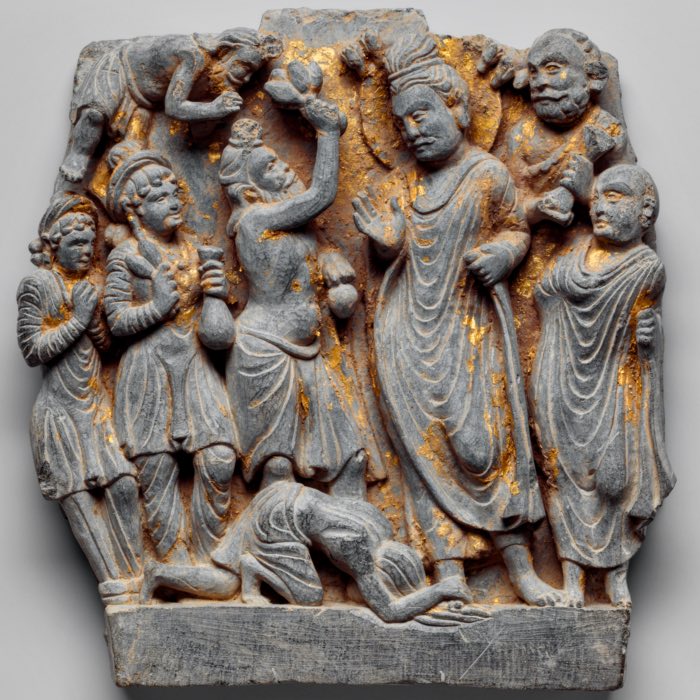














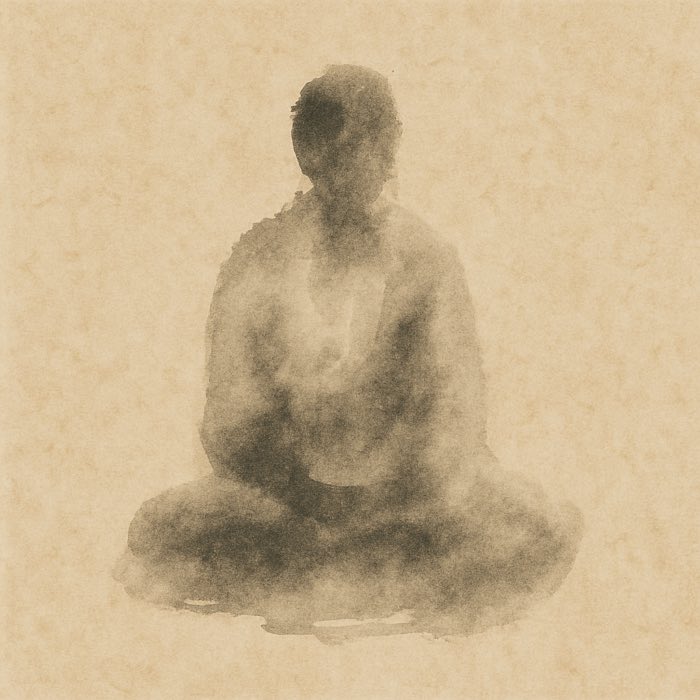

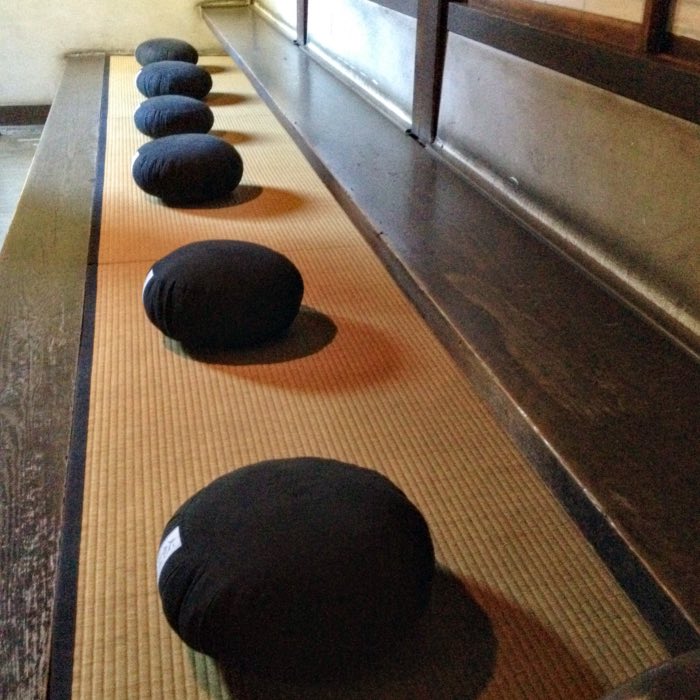

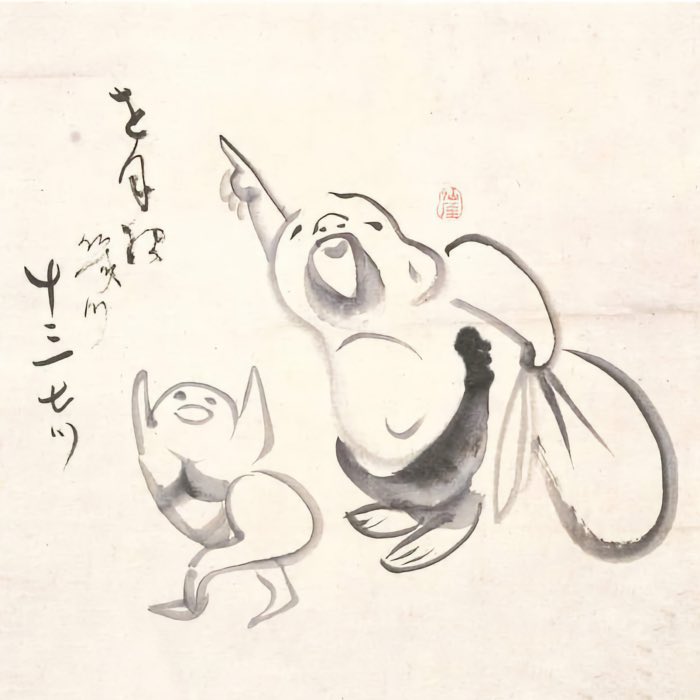
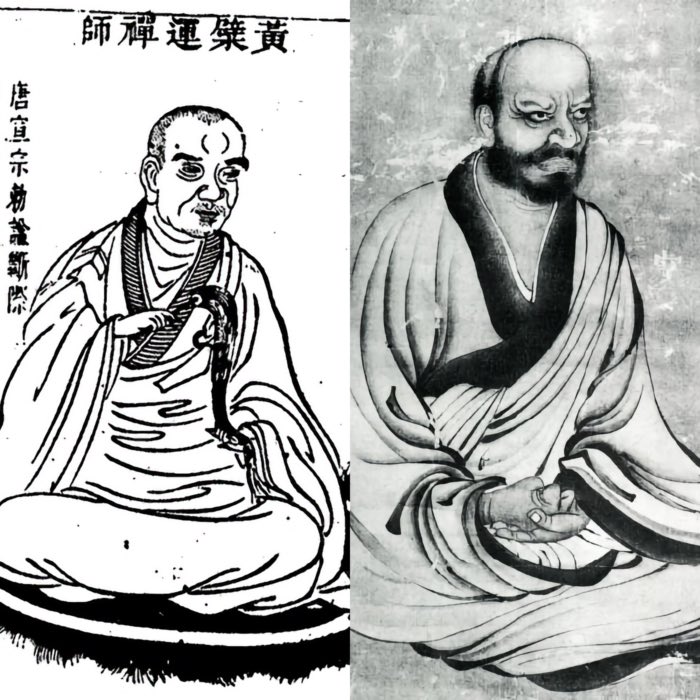

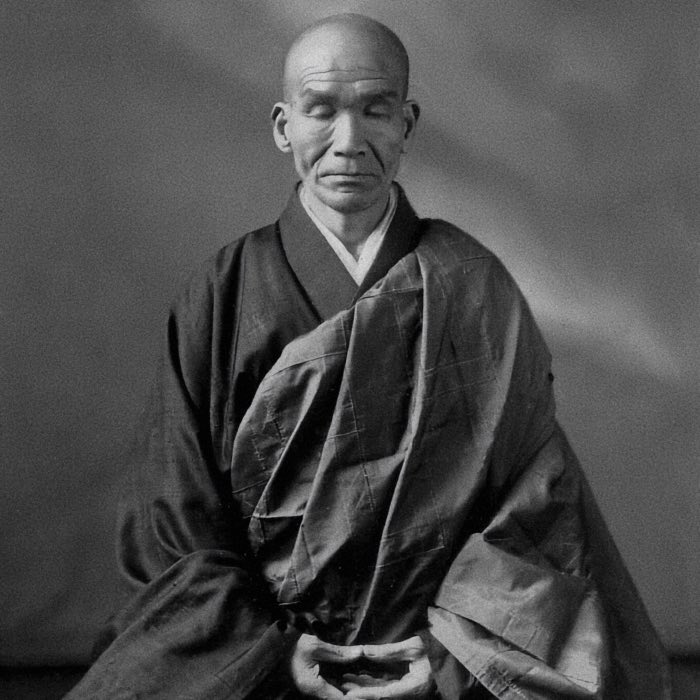









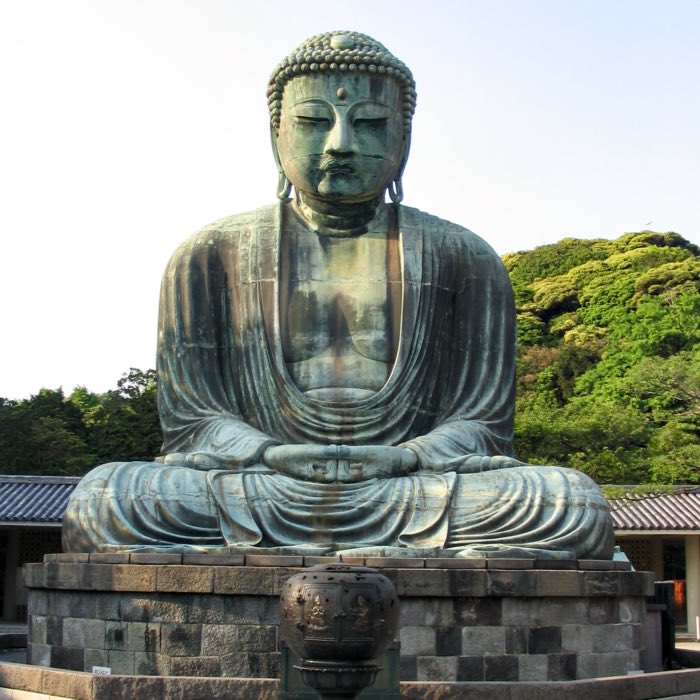

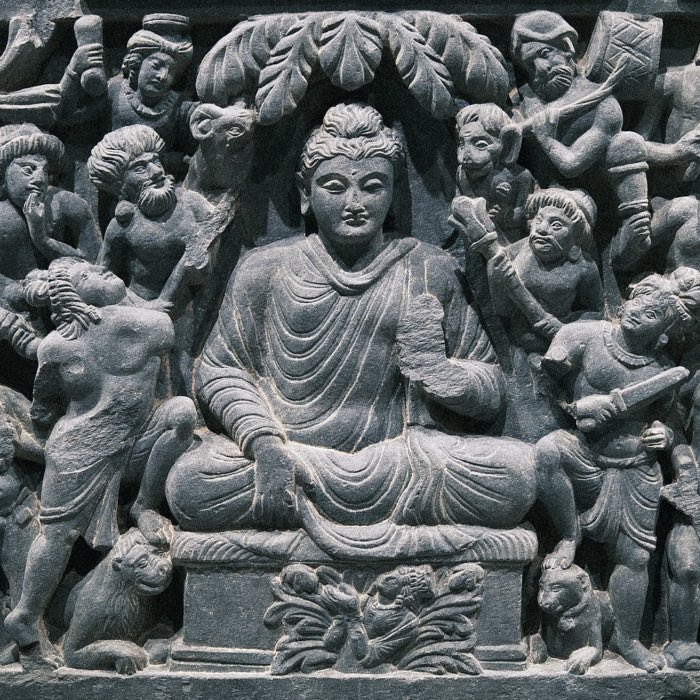


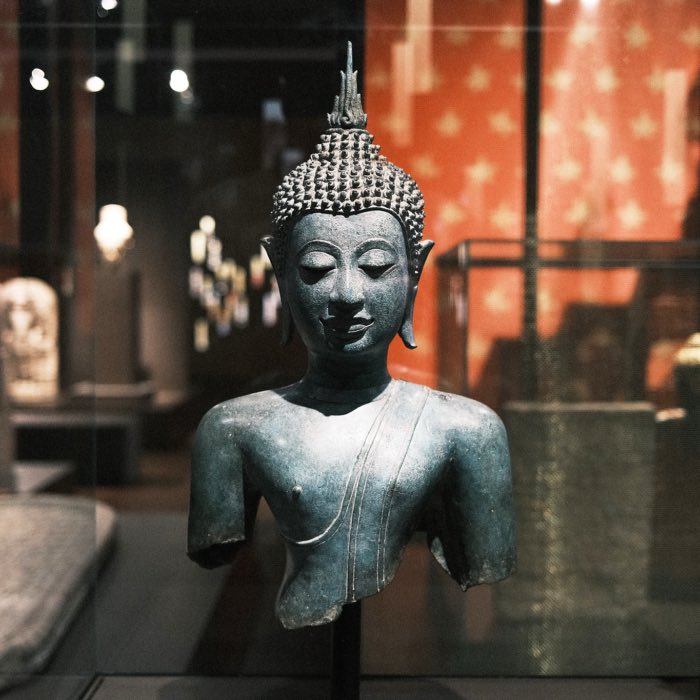






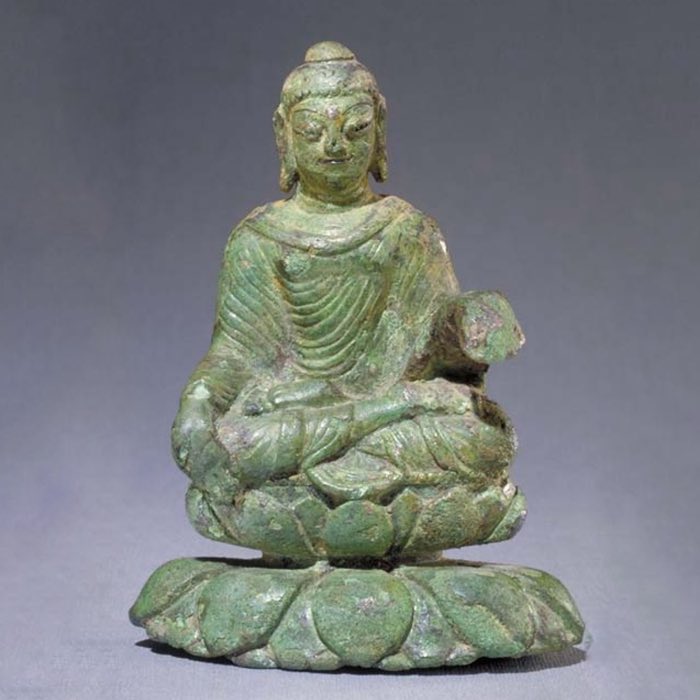
comments